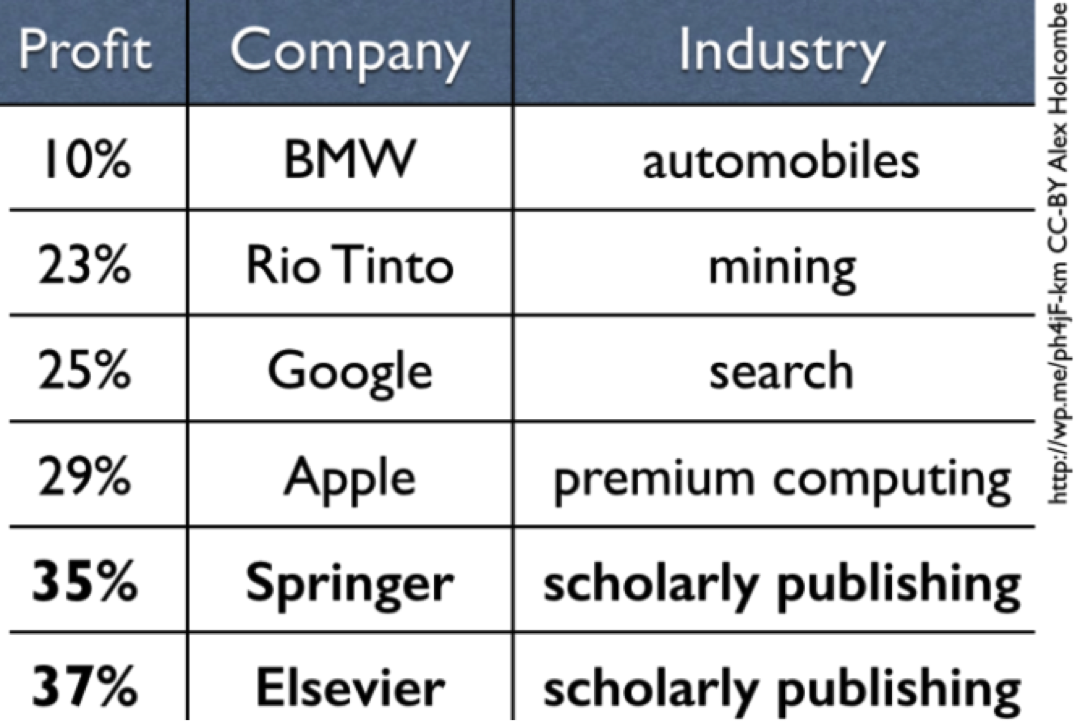This was sent out over email before Thanksgiving, but we wanted to make sure it would reach everyone.
Dear Students,
In the wake of a campaign season that has exposed deep divisions in our country, the Alfred University Librarians reaffirm our role in serving and supporting every member of our community.
We strongly endorse the following statement issued by the American Libraries Association:
“During times like these, our nation’s 120,000 public, academic, school, and special libraries are invaluable allies inspiring understanding and community healing. Libraries provide a safe place for individuals of all ages and backgrounds and for difficult discussions on social issues. Our nation’s libraries serve all community members, including people of color, immigrants, people with disabilities, and the most vulnerable in our communities, offering services and educational resources that transform communities, open minds, and promote inclusion and diversity.
As an association representing these libraries, librarians, and library workers, the American Library Association believes that the struggle against racism, prejudice, stereotyping, and discrimination is central to our mission. As we have throughout our 140-year-long history, we will continue to support efforts to abolish intolerance and cultural invisibility, stand up for all the members of the communities we serve, and promote understanding and inclusion through our work.”
[Full statement: https://americanlibrariesmagazine.org/blogs/the-scoop/statement-libraries-association-diversity-inclusion/]
It is the goal of the libraries to support all of our patrons including those who may feel vulnerable at this time. We invite you to contact either of the libraries’ directors to let us know how we might best meet your needs.
Mark Smith, Scholes Library, msmith@alfred.edu, 607-871-2494
Steve Crandall, Herrick Library, fcrandall@alfred.edu, 607-871-2987
— The Alfred University Librarians


